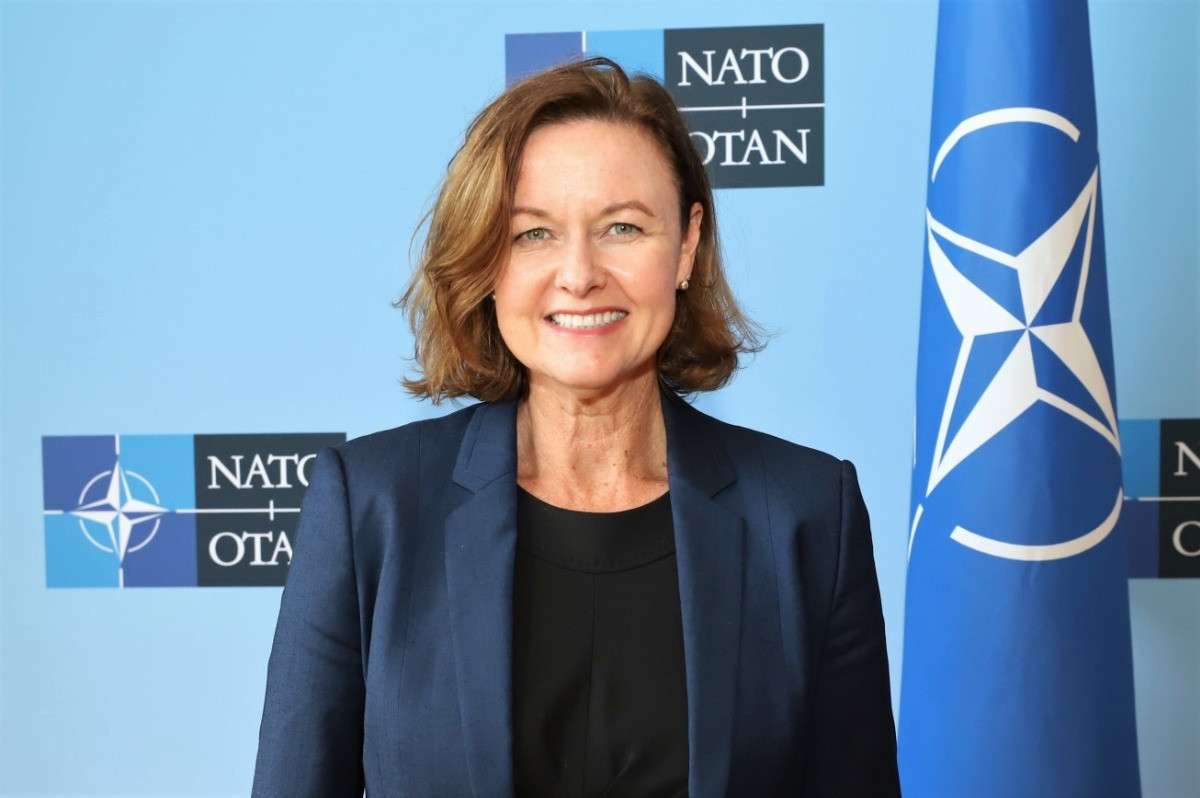The NSPA manages acquisitions, logistics, medical and infrastructure capabilities, and operational and systems support and services for Nato.
Cummings will lead the organisation, which employs around 1,500 people, starting 1 September. She most recently performed the duties of under secretary of defence for acquisition and sustainment, a said. She previously held the position of programme executive officer for defense healthcare management systems and other senior roles at the department of transportation and the department of the navy.
"I am honoured to join the NSPA team," said Cummings. "I look forward to leading the agency into the next chapter of its long and successful history as NATO's primary enabler through logistics, acquisition and mission support."
She succeeds Peter Dohmen, who was appointed to the post of general manager in 2016.
Luxembourg is set to spend €200m on the refurbishment of the NSPA’s facilities in Capellen, covering around two thirds of the project’s total cost. This expense will count towards the grand duchy’s pledge to spend 2% of its GDP on the military, made by all Nato members in 2014.
Luxembourg is still wide off the mark, with plans to get spending up to 0.72% by 2024.
Small army, high GDP
As part of its spending drive, Luxembourg is also funding a cyber range hosted at the NSPA’s data centres. The range is a virtual training environment against cyber attacks. The NSPA in November last year awarded Estonian cyber security company CybExer Technologies the contract to design the range.
"Shortage of experts is one of the main challenges in cyber security, this unique training environment is going the help Luxembourg to fill the gap and we are pleased to be able to make it happen," Sergio Coronado, NSPA Chief Information Officer, said in a at the time.
Luxembourg has also invested in a and an transport aircraft. It has plans to spend €367m on new , boost army recruitment and is co-funding a multinational . It is also mulling setting up a .
Nato shows that Luxembourg is set to spend €389m on its military in 2021 and while this left it at the bottom of the ranking in terms of spending by GDP, spending per capita was much higher than among other Nato partners.
Luxembourg ranked 10th among Nato countries in terms of spending per capita, with 19 other members spending less when measured by population rather than their economies. The grand duchy has the smallest army of all Nato members.
